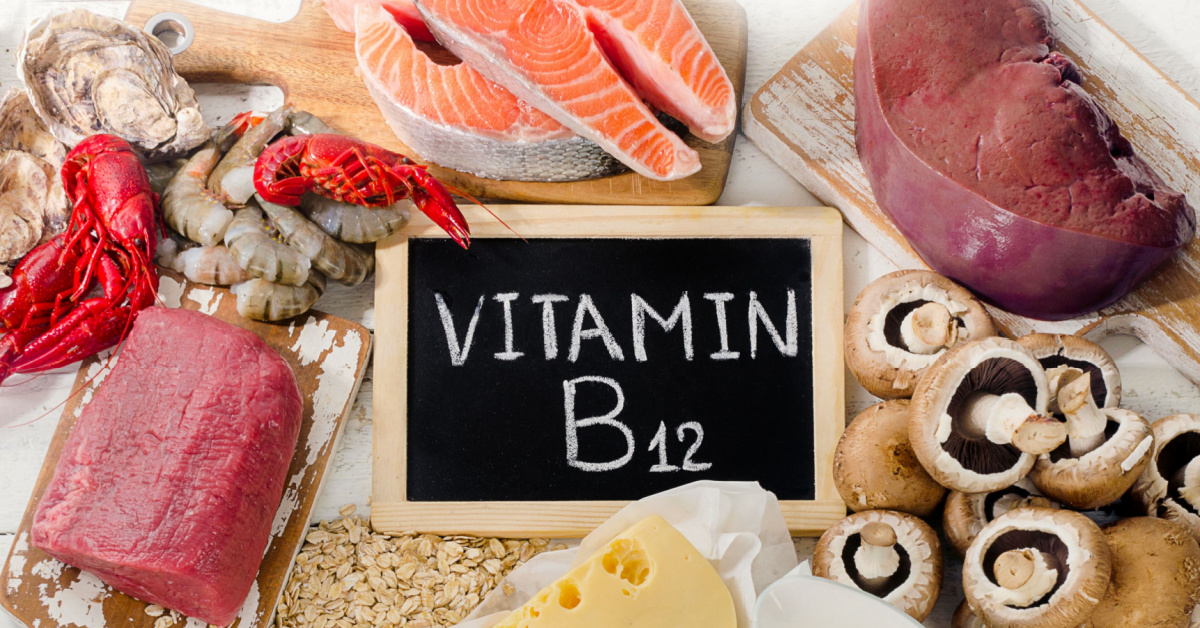New Research Reveals the Importance of Vitamin B12 for a Healthy Diet
Vitamin B12, also known as cobalamin, is a crucial nutrient found in animal-based foods. It is one of the water-soluble vitamins, which means it dissolves in water and is sensitive to various environmental factors such as oxygen, UV rays, and acid or alkaline substances. However, unlike other vitamins, vitamin B12 is heat stable and remains intact even after cooking. Nevertheless, cooking foods in water can reduce its quantity by up to 70%.
To shed light on the importance of vitamin B12, we spoke with Dr. Carmela Asteria, an endocrinologist at the IRCCS Galeazzi – Sant’Ambrogio Hospital and Palazzo della Salute Wellness Clinic and Smart Clinic in Milan. She shared valuable insights on vitamin B12, its benefits, and how to address a deficiency if present.
Where can we find vitamin B12?
“Vitamin B12 is present in small amounts in animal-based foods such as fish, meat, and offal, especially in the liver. It is also found in animal-derived derivatives like milk and eggs, but it is completely absent in plant-based foods,” explained Dr. Asteria.
What is the role of vitamin B12 in our bodies?
“Vitamin B12 is essential for the proper functioning of metabolism, including amino acids, carbohydrates, fatty acids, and nucleic acids (DNA and RNA). It plays a crucial role in the functioning of our nervous system, stimulates immune function, and is involved in erythropoiesis, which is the maturation of red blood cells. Vitamin B12 also aids in the metabolism of folic acid, another important water-soluble vitamin. Additionally, it converts homocysteine to methionine, reducing the risk of cardiovascular diseases,” she elaborated.
What is the recommended daily intake of vitamin B12 for different age groups?
According to the Larn (Reference Intake Levels of Nutrients and Energy for the Italian population), the daily requirement of vitamin B12 for an adult is 2 micrograms per day. This dosage also applies to adolescents (15-17 years) and the elderly (65 years and older). However, for children, the daily requirement varies:
– Infants up to 3 years: 0.7 micrograms per day
– Children 4-6 years: 0.9 micrograms per day
– Children 7-10 years: 1.3 micrograms per day
– Pre-adolescents 11-14 years: 1.8 micrograms per day
Moreover, during specific stages of life, vitamin B12 intake becomes crucial. For women of childbearing potential who are trying to conceive, the recommended daily intake is 2 micrograms per day. Pregnant women require slightly more, around 2.2 micrograms per day, due to the transfer of vitamin B12 to the fetus.
When is the best time to consume vitamin B12?
Dr. Asteria highlighted that vitamin B12 is naturally obtained through diet by consuming portions of animal-based foods with meals. There is no preferable time of day for intake. However, in cases where food shortages or malabsorption of foods due to intestinal pathologies or other reasons occur, taking vitamin B12 as a supplement to the diet is necessary.
What are the consequences of vitamin B12 deficiency, and how does it manifest?
Vitamin B12 deficiency is diagnosed through blood tests, which determine vitamin levels below or at the minimum recommended intake of 2 micrograms per day. However, the deficiency often manifests slowly because the liver stores vitamin B12, which can support the body’s physiological needs for 3-5 years.
What are the causes of vitamin B12 deficiency?
In countries where malnutrition is not a prevalent issue and diets are diverse, vitamin B12 deficiency is rare. However, among individuals following a vegan diet or those with pathologies of the intestinal tract, such as pernicious anemia or chronic inflammatory bowel disease, vitamin B12 deficiencies can occur.
Other causes may include gastric or ileal resection, which is a part of the intestine treatment for severe obesity, or conditions like gastritis. Habitual consumption of fiber-rich foods and excessive alcohol intake or cigarette smoking can also contribute to deficiencies.
In conclusion, vitamin B12 plays a crucial role in our overall health, ranging from metabolism to nervous system function and immune support. Ensuring an adequate intake of vitamin B12 is essential, especially for individuals following a vegan diet or those with intestinal pathologies that may hinder proper absorption. Consulting with a healthcare professional can provide personalized guidance on vitamin B12 intake and potential supplementation.
